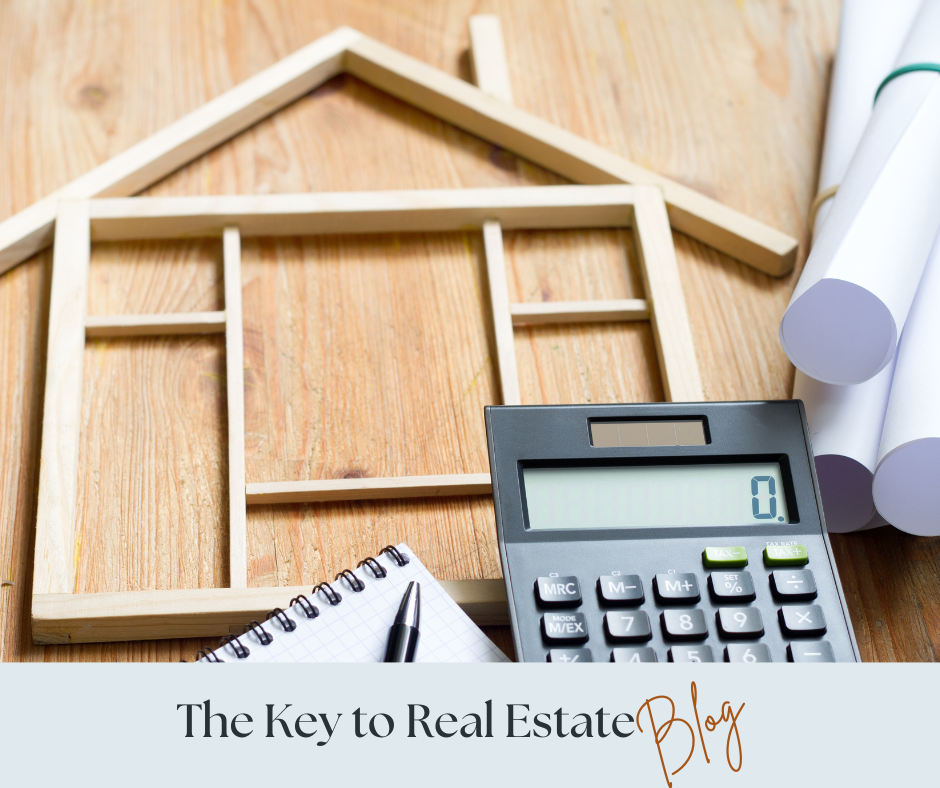The Pros and Cons of Owning a Historic Property

Owning a historic property is a dream for many homeowners. These homes often boast unique architecture, rich stories, and undeniable charm. However, they also come with challenges that potential buyers should carefully consider. Here’s a look at the pros and cons of owning a historic property to help you decide if it’s the right choice for you.
Pros of Owning a Historic Property
- Unique Architecture and Character
Historic homes feature intricate craftsmanship, unique designs, and architectural styles that are hard to find in modern construction. From stained glass windows to original hardwood floors, they often include details that add a sense of timeless beauty. - Connection to History
Owning a historic property allows you to be part of a home’s legacy. Many historic homes have fascinating backstories tied to local or national history, which can make ownership feel special and meaningful. - Established Neighborhoods
Historic homes are often located in well-established neighborhoods with mature trees, walkable streets, and a strong sense of community. These areas tend to have character and charm that newer developments lack. - Preservation Incentives
Many municipalities offer financial incentives for preserving historic properties. These can include tax credits, grants, or reduced property taxes to offset the costs of restoration and maintenance. - Higher Resale Value
Well-maintained historic homes often appreciate in value over time, especially if they’re located in desirable neighborhoods or part of historic districts. Their uniqueness can make them highly sought after by buyers. - Pride of Ownership
Owning a historic home is often a source of pride, as you’re preserving a piece of architectural and cultural history. Many owners enjoy showcasing their home’s beauty and history to friends, family, and the community.
Cons of Owning a Historic Property
- High Maintenance Costs
Historic properties often require significant upkeep. From replacing original materials to repairing aging structures, the cost of maintenance can be much higher than for newer homes. - Strict Renovation Guidelines
If your home is in a designated historic district, renovations and updates may need to adhere to strict guidelines set by local preservation boards. These rules can limit the changes you can make and often require you to use period-appropriate materials, which can be expensive. - Modernization Challenges
Bringing a historic home up to modern standards can be tricky. Retrofitting for HVAC systems, electrical wiring, or plumbing often involves navigating outdated construction methods and can add complexity to renovations. - Higher Insurance Costs
Insurance for historic properties can be more expensive due to the cost of replacing original materials or the risk of structural issues. It’s essential to find an insurer familiar with historic homes. - Potential for Structural Issues
Older homes are more likely to have structural problems, such as foundation cracks, outdated roofing, or wood rot. These issues may require specialized contractors and substantial financial investment to address. - Limited Energy Efficiency
Many historic homes lack modern energy-efficient features, such as proper insulation, double-paned windows, or energy-saving appliances. Upgrading these elements can be challenging without compromising the home’s character.
Tips for Owning a Historic Property
- Understand the Rules: Research local historic preservation guidelines to understand what changes you can make and the approval process for renovations.
- Budget for Maintenance: Set aside funds for ongoing upkeep and unexpected repairs, as older homes often come with surprises.
- Hire Specialists: Work with contractors, inspectors, and architects who specialize in historic homes to ensure quality work that respects the property’s character.
- Leverage Incentives: Take advantage of any tax credits or grants available for maintaining or restoring historic properties.
- Embrace the Lifestyle: Owning a historic property requires a love of history, craftsmanship, and preservation. If you’re willing to invest time and effort, the rewards can be well worth it.
Owning a historic property is a unique experience that combines the joy of living in a one-of-a-kind home with the responsibility of preserving its legacy. While these homes require more care and investment than modern builds, they offer unparalleled charm, history, and pride of ownership. If you’re ready to embrace the challenge and beauty of owning a historic home, let’s explore the options and find a property that speaks to your heart!
Recent Posts











